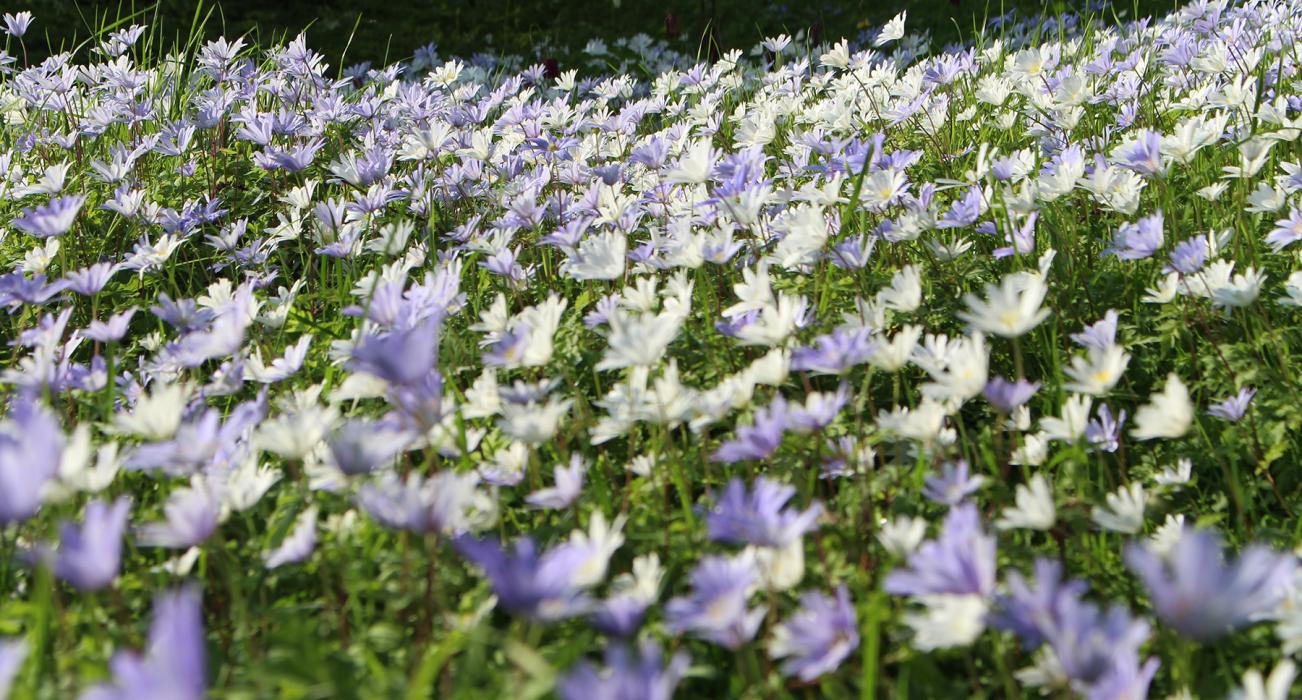Dr Emily Stevenson
College positions:
College Research Associate
University position:
Research Fellow
Subject:
Earth Sciences
Dr Emily Stevenson is a College Research Associate at Magdalene and Marie Skłodowska-Curie Independent Research Fellow in the Department of Earth Sciences.
My current research relates to the impact Arctic glaciers have on landscape and hydrosphere evolution in both the future in our current warming climate and the geological past (e.g. ‘Snowball Earth’). Glaciated catchments are one of the most vulnerable environments to climate change, and ice-sheet retreat is presently taking place at an unprecedented level. It is therefore of the utmost importance to ascertain the impacts that these changes will have on downstream environments, such as rivers and oceans. I use isotopic and geochemical techniques to analyse the ice-water-rock interactions that occur below ice sheets and glaciers, and how these evolve downstream. I have over five years experience of planning and undertaking Arctic fieldwork in Greenland, Alaska, Svalbard and Canada, in particular to regions of the Arctic that have never been sampled before. By undertaking such expeditions on both short (weeks) and long (months) timescales we can begin to enhance our understanding of the key processes that have governed the Earth’s climate and geochemical evolution through ice growth and retreat throughout the Arctic.
Through my experience of planning and leading fieldwork expeditions, I have found that encouraging and helping students to undertake fieldwork can help them profoundly in being able to place their scientific measurements and knowledge in the context of the process they are looking to understand; helping them appreciate and recognize where their samples come from, the conditions in which they were taken and the evolution of how they came to be.
- Glacial cycles and ocean/landscape evolution related to mineral weathering and CO2 evolution
- Pan-Arctic, glacial and high altitude fieldwork
- Isotope geochemistry related to low-temperature processes
- Biogeochemical cycling of elements in terrestrial and marine environments
- Biotic and abiotic weathering processes, and water-rock interactions
D.Phil. Earth Sciences; Isotope Geochemistry: Department of Earth Sciences, University of Oxford.
M.Chem. with Hons. Chemistry with Environmental Chemistry: 1st Class Honors, Department of Chemistry, University of Edinburgh

